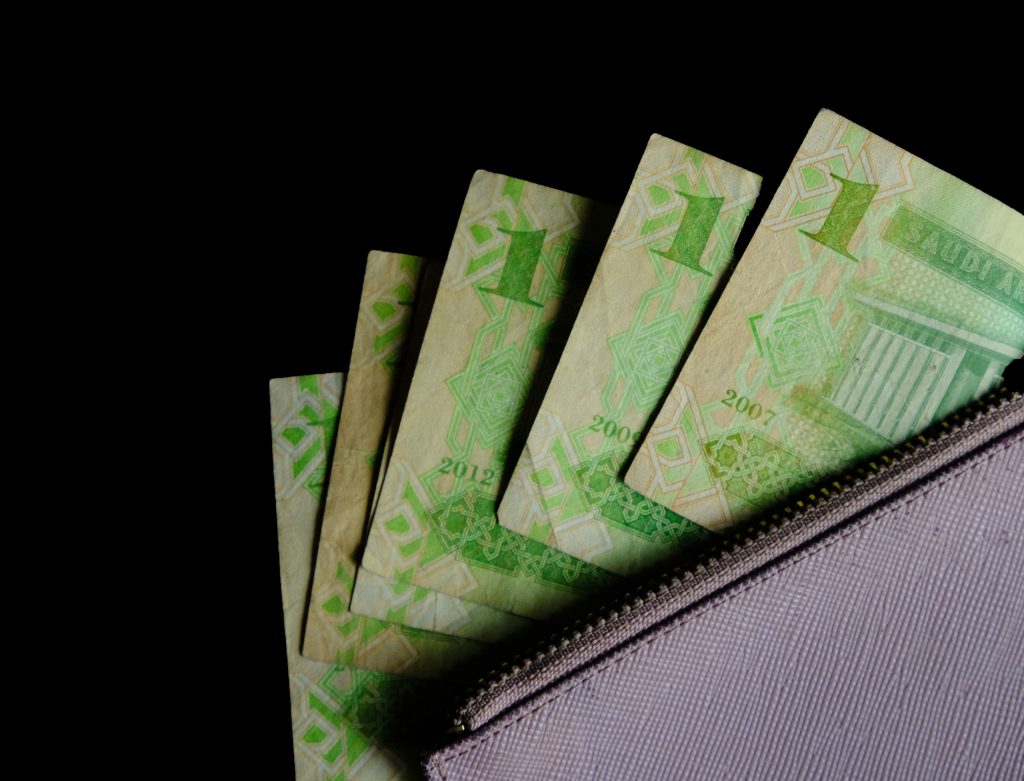Saudi Arabia disclosed a budget shortfall of 12.39 billion Saudi riyals (around $3.303 billion) for the initial quarter of 2024, as detailed in a report released by the nation’s Ministry of Finance. The deficit is the result of the kingdom’s total expenditures of 305.82 billion riyals surpassing its revenues, which were reported at 293.43 billion riyals.
The kingdom’s oil revenues, which reached 181.92 billion riyals, showed a modest 2% increment when juxtaposed with the equivalent period from the preceding year, underscoring the sector’s significant contribution to national income. Additionally, the non-oil revenue stream has seen a robust 9% year-over-year growth, amassing 111.51 billion riyals.
Earlier, the Saudi cabinet sanctioned the 2024 state budget, which projected a deficit of 97 billion riyals. The results from the first quarter are in harmony with the government’s anticipations for the fiscal year. These economic figures embody the dynamic changes transpiring in Saudi Arabia’s financial landscape, as the administration persists in its quest to diversify income sources in the face of an unpredictable oil market.
Although the budget is in deficit, the uptick in non-oil revenue is interpreted as a positive sign of the kingdom’s commitment to expand its economic framework and diminish its dependence on oil. It is anticipated that the government will maintain its trajectory of implementing policies designed to fortify economic resilience and enhance fiscal governance.
